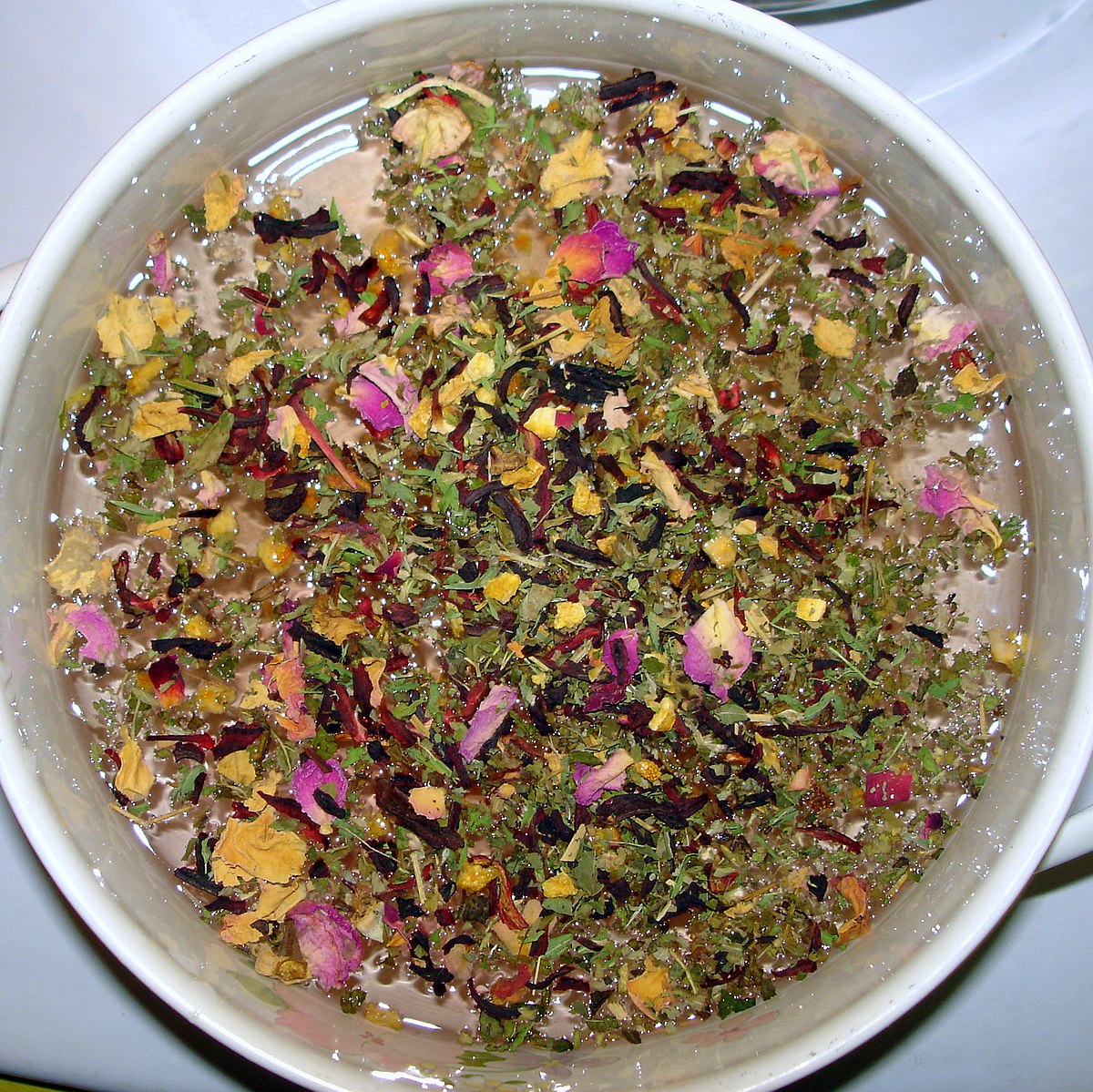Recent studies have uncovered significant insights into the lipid profiles of herbal teas, revealing a variety of beneficial lipids that may contribute to their health-promoting properties. Research conducted by Hokkaido University has identified previously unknown lipids in several herbal tea varieties, enhancing our understanding of their nutritional value.
Key Findings from Recent Studies
- Diverse Lipid Profiles:
- A study identified 341 molecular species across five major classes of lipids in four types of herbal teas: dokudami (fish mint), kumazasa, sugina (common horsetail), and yomogi (Japanese mugwort) 13. This marks a significant advancement in lipidomic research, as many of these compounds had not been previously documented in plants.
- Novel Lipid Discovery:
- Among the findings were short-chain fatty acid esters of hydroxy fatty acids (SFAHFAs), a category of lipids not previously seen in plants. These compounds could play a vital role in gut health and overall wellness, suggesting new avenues for research into their biological significance .
- Health Benefits of Identified Lipids:
- The study highlighted the presence of beneficial lipids such as α-linolenic acidand arachidonic acid, both known for their anti-inflammatory properties .These polyunsaturated fatty acids are linked to various health benefits, including improved cardiovascular health and reduced inflammation.
- Comparative Analysis with Other Herbal Teas:
- Another study analyzed six different herbal teas, including fennel and ginger, identifying 204 lipid molecular species. This research also emphasized the abundance of saturated and polyunsaturated fatty acids, which are crucial for health . The findings suggest that different herbal teas may offer varying lipid profiles that could be leveraged for specific health benefits.
Implications for Health and Nutrition
The identification of these lipids in herbal teas opens up new possibilities for their use as functional foods. The potential health benefits associated with these compounds include:
- Anti-inflammatory effects: Beneficial for conditions like arthritis and other inflammatory diseases.
- Gut health support: SFAHFAs may contribute to maintaining a healthy gut microbiome.
- Cardiovascular benefits: Lipids such as α-linolenic acid are known to support heart health by improving lipid profiles.
Future Research Directions
The researchers have indicated the need for further studies to explore the biological significance of these lipids in herbal teas and their broader implications for human health. Future investigations may focus on characterizing the lipid content in more than 40 types of herbal tea, potentially leading to new dietary recommendations and therapeutic applications .
Conclusion
The recent discoveries regarding beneficial lipids in herbal teas highlight their potential as sources of bioactive compounds that can enhance health. As research continues to unfold, these findings could significantly impact how herbal teas are perceived and utilised within nutritional science and wellness practices.





